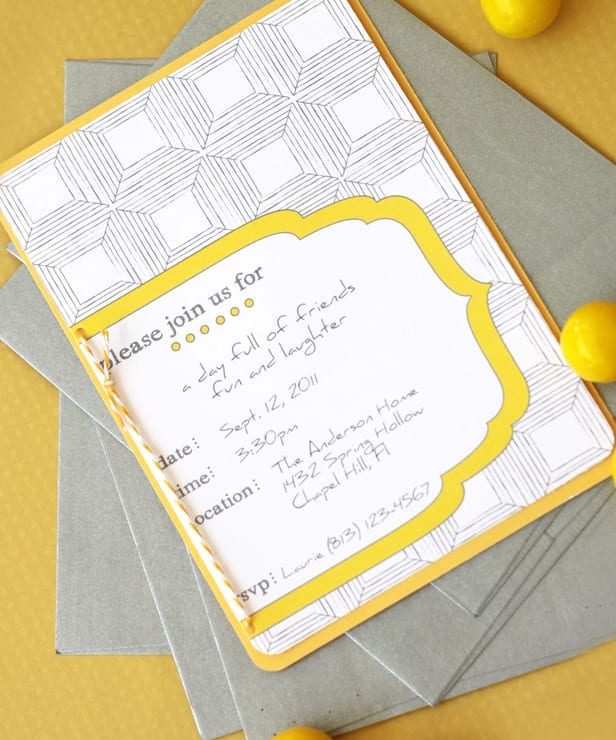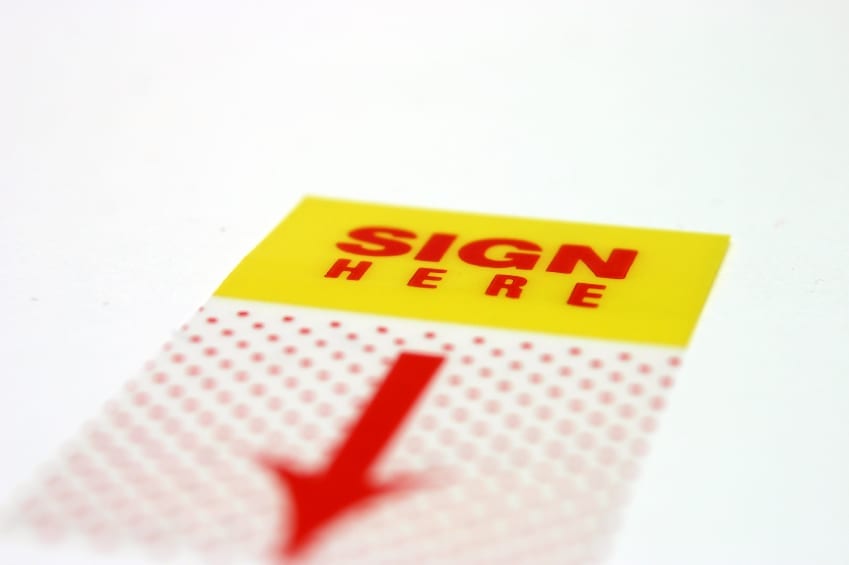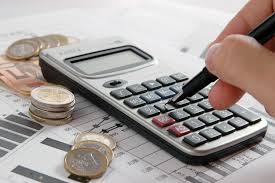Welcome back to the Positive Force Event Planning 101 Series! So far, we’ve gone over Setting Your Goals and Budgeting. I can’t stress enough that the key to successfully planning an event is to stay organized…so be sure to review these two posts if you haven’t already. Today, we’re moving on to the next step: choosing a venue!
Chances are you will fall into one of three categories when it comes time to choose a venue:
- You already know the venue you want to use;
- You have a few venue options in mind that you think might work, or;
- You have absolutely no idea where you should host your event.
Don’t worry, I’ve got you covered no matter what category you find yourself in!
One of the questions I’m asked most often about choosing an event venue is: “When do I need to do this?” While the answer to this question varies depending on the type of event you’re holding, the time of the year of your event, and your flexibility in dates, a general rule of thumb is to complete this step approximately four to five months before your event. If you attempt to book a venue too early, you may find it difficult to negotiate because management knows they have plenty of time to fill your date but, of course, if you book too late, the probability that your date is taken by someone else is greatly increased.
To get started, pull out your Budgeting Excel Sheet and review how much money you allotted in the “Anticipated Costs” column for the venue. This will help to avoid wasting time looking at venues that are too expensive. Next, you’ll need to answer a few questions. I have divided them into three categories for easier organization.
LOGISTICAL CONSIDERATIONS:
1. What size venue do I need? This will depend on your anticipated number of guests and whether you need additional room for entertainment such as a band, DJ, or dance floor.
2. Is there convenient parking and/or public transit available?
3. Is it handicap-accessible? If not, can arrangements be made to accommodate wheelchairs?
4. What audio and visual equipment is available? A/V equipment you may need includes Wi-Fi access, microphones (lavalieres or standing), projectors, and electrical outlets.
5. What amenities are available? Extra amenities may include food and beverage service, tables and chairs, wait staff, set up and clean up, kitchen space, etc.
FINANCIAL & LEGAL CONSIDERATIONS:
1. What is the required deposit? Very rarely will you find a venue willing to guarantee a space for a specific date without a deposit.
2. What is the guarantee/cancellation policy?
3. If you go over the agreed upon event start and end time, how much does the venue charge per hour?
4. What is the damages clause in the venue rental agreement?
5. Will there be a venue staff person present the day of your event?
6. Do you need an alcohol permit?
7. Do you need insurance?
AESTHETICS & CREATIVE CONSIDERATIONS:
1. Does the venue fit your overall theme/purpose?
2. What kind of decorations, if any, are allowed?
3. What is the condition of the venue inside and the grounds outside? View pictures online and always visit a venue in-person before putting down any money.
4. Are there any visual obstructions in the room?
5. Are there examples of layouts available to view?
6. Is there ability to control the indoor lighting and natural lighting from outside (i.e. shades and curtains)?
Now that you know your budget and you know what you need in a space, it is time to start comparing venues. Refer back to the SWOT Analysis when you set your event goals and, if you noted that you have a lead on a venue, start by contacting that person. Other ways to research venue locations in your area besides simply Googling them include reading reviews on Yelp and visiting their Facebook page (a great way to see how engaged/responsive they are with the community). You can also simply ask your friends if they have any recommendations.
Once you have narrowed your options, it’s time for the very last step to choosing a venue: negotiation. Now, I know a lot of people cringe at the idea of negotiating but trust me, it’s expected in this field. Here are a few tips:
- Have quotes from a few competitors. Don’t make these up. The venue will likely know what their competitors are charging and you’ll lose ground fast if you start off the negotiating process with a numbers that you pulled from the air.
- Be as flexible as possible. For example, the day of the week and the time of the day matter tremendously when it comes to booking a venue. Saturday evenings are primo event times so if you can hold your event on a different day and/or time and you’ll already be ahead of the game. For example, my husband and I were married on a Friday night and were able to negotiate with our vendors at a savings of nearly 50%.
- Don’t get stuck on negotiating just for a discount. You may find it easier to negotiate for the venue to throw in extras (extra time, extra food, etc.) versus giving you a discounted rate. These extras can decrease your overall budget.
- If you have a contact on food or some other aspect of the event that the venue includes in a package, ask if you can cut that particular offering out and be discounted or credited for the difference.
- When negotiating, begin with the aspects most important to you and work your way down your list of priorities.
Choosing and booking your venue is exciting because it’s the first major step you make in the event planning process but don’t get ahead of yourself! Be sure to ask each of the questions listed above of every venue you speak to, ask to have all charges itemized, and do not (I repeat DO NOT) book a venue until you have seen it in-person and have a hard copy of all the rental terms in your hands. Make sure to read and re-read the rental contract to be clear on what the venue expects from you as a host.
Share your questions and experiences in choosing a venue with us here, on Facebook, and on Twitter (@PosForceHouston). And tune in soon as we discuss how to choose vendors for your event!







Responses